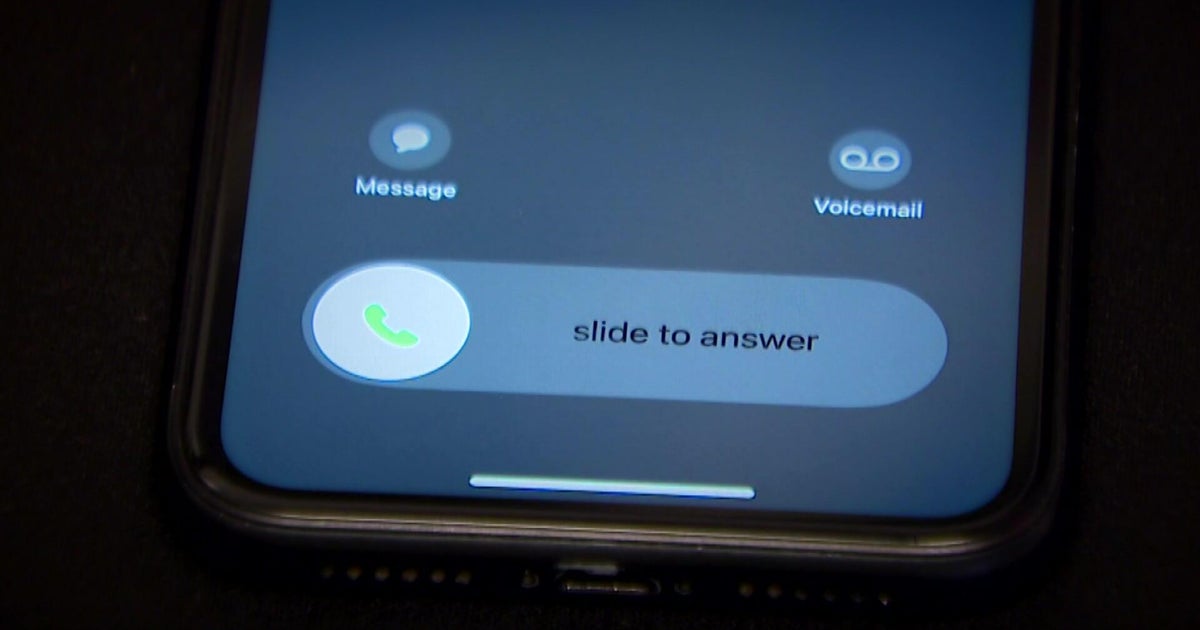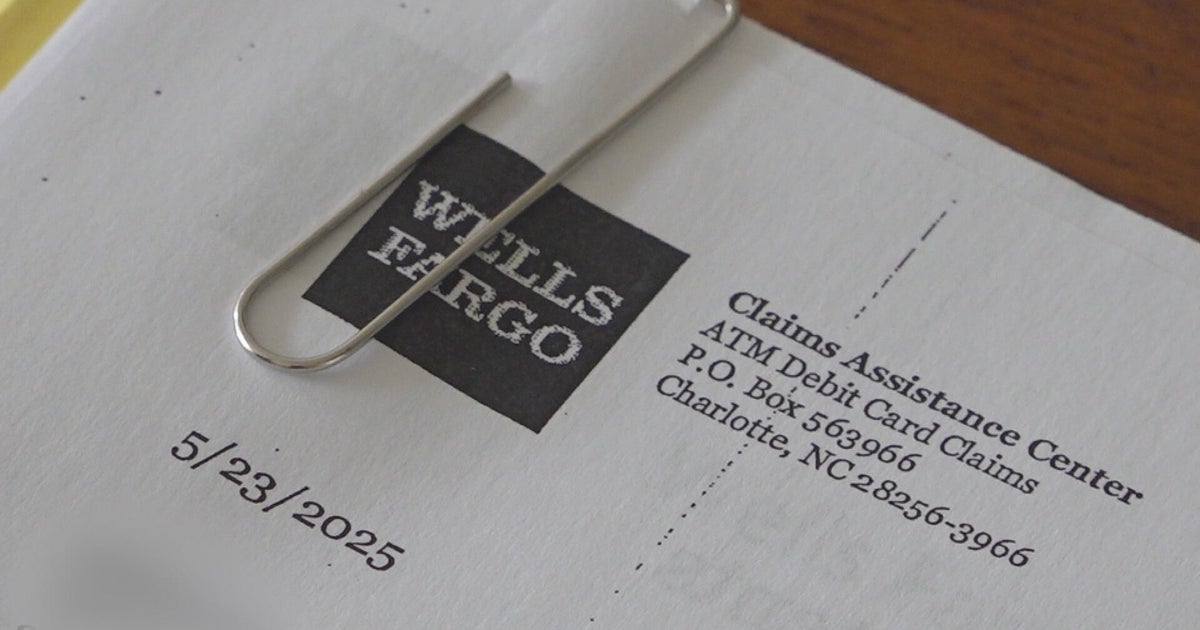BBB Offers Consumer Protection Tips
The Better Business Bureau of Detroit and Eastern Michigan in Southfield is joining federal, state, and local government agencies and national organizations to celebrate the 13th annual National Consumer Protection Week March 6-12.
During NCPW, groups nationwide share tips and information that help consumers protect their privacy, manage money, avoid identity theft, and avoid frauds and scams.
This year, the BBB will provide daily Consumer Tips throughout the week and recommends five easy steps you can take to become a savvy consumer.
"In a tough economy, it's more important than ever to protect the money you have from scammers and bad businesses," said BBB spokesman Patrick Bennett. "A few simple steps will go a long way to fighting off the common cons and rip-offs that steals millions from unsuspecting consumers every year."
BBB recommends the following tips to protect your wallet against scammers and unscrupulous businesses:
* Get everything in writing and always read the fine print: Contracts, customer agreements and fine print protect the business and outline the terms of the agreement with the customer. While it's natural to want to avoid reading the legalese, it's important that customers understand their rights. Whenever signing a contract, BBB recommends reading the fine print carefully -- even if it means taking it home and sleeping on it. Also, don't just take a sales associates' word for it; get all verbal promises in writing.
* Protect your identity -- and your pocketbook: Fighting identity theft means staying vigilant online and off. Protect your identity by taking the following steps: Always shred sensitive documents that include personal financial information such as bank, credit card and Social Security numbers. Monitor your financial accounts closely to more quickly detect suspicious activity. Make sure your computer has up-to-date anti-virus software and be extremely selective when opening attachments or clicking on links in e-mails. Shop online through secure sites only and always confirm that the business is trustworthy before entering your credit or debit card number.
* Never wire money to someone you don't know. Many scams bilk victims by convincing them to wire money. The reasons for wiring the money can vary and include mystery shopping, paying fees to win a lottery, and -- if the target is a small business owner -- overpayment for goods or services. Scammers know it's extremely difficult to track money sent via MoneyGram or Western Union. More troubling for victims is the fact that it's nearly impossible to get your money back. Even if you've been given a check to supposedly cover the amount you're wiring, never send money to someone you don't know personally.
* Know where to complain. If you've been ripped off by a business, there are any number of organizations and government agencies that want to hear about it. You can file a complaint with your Better Business Bureau at www.bbb.org/us/file-complaint, the Federal Trade Commission at www.ftc.gov, and the Michigan Attorney General. If you've been ripped off by a scam online -- such as a phishing e-mail or deceptive website -- you can also file a complaint with the Internet Crime Complaint Center at www.IC3.gov.
* Always check businesses out with BBB. Nearly 400,000 businesses bear the BBB seal of accreditation and meet our standards; you can find the seal on websites and at business locations. However, BBB doesn't just report on accredited businesses. You can check out BBB Business Reviews for nearly 4 million businesses across North America for free by visiting http://easternmichigan.bbb.org/Find-Business-Reviews/. A BBB Business Review will tell you how many complaints the company has received, whether the company responds to complaints and much more.
For more advice on managing your money and avoiding scams, visit http://easternmichigan.bbb.org/Consumer-Tips/.
For more information about National Consumer Protection Week, go to www.ncpw.gov. You can also read, view, download and order multiple copies of educational materials provided by nearly 30 organizations, check out a calendar of events nationwide, and find out how you can host an event. The Web site's blogfeatures posts from consumer experts nationwide, and allows consumers to connect directly with them about a variety of consumer protection resources.







